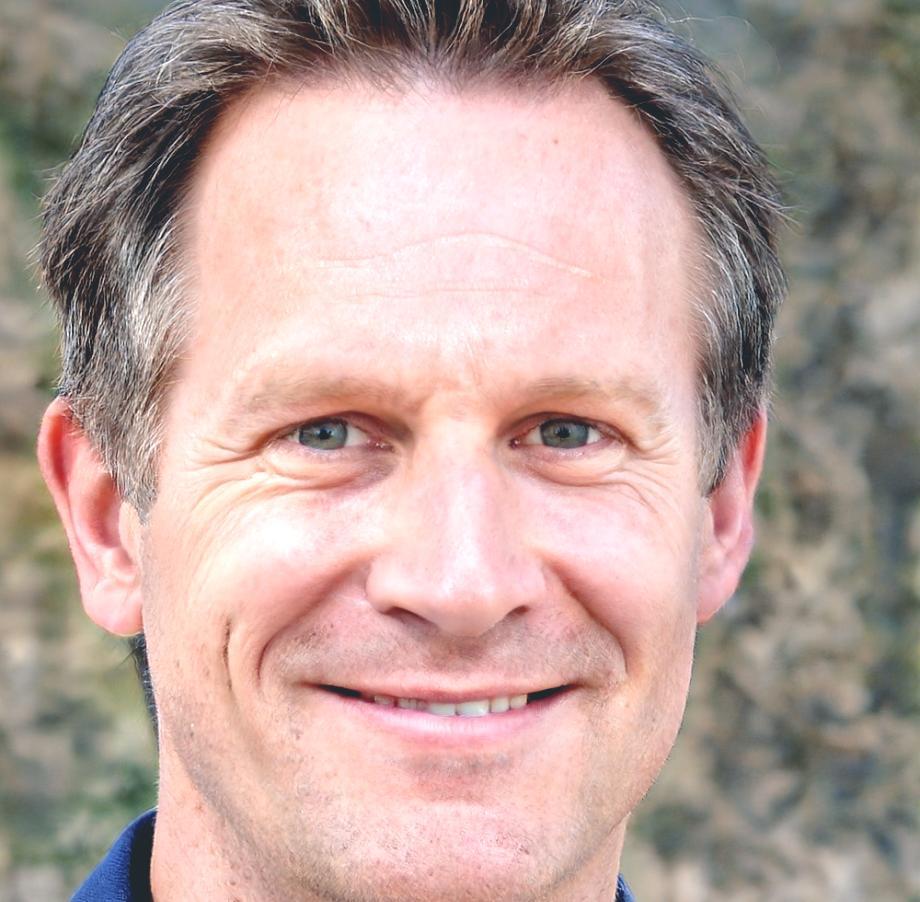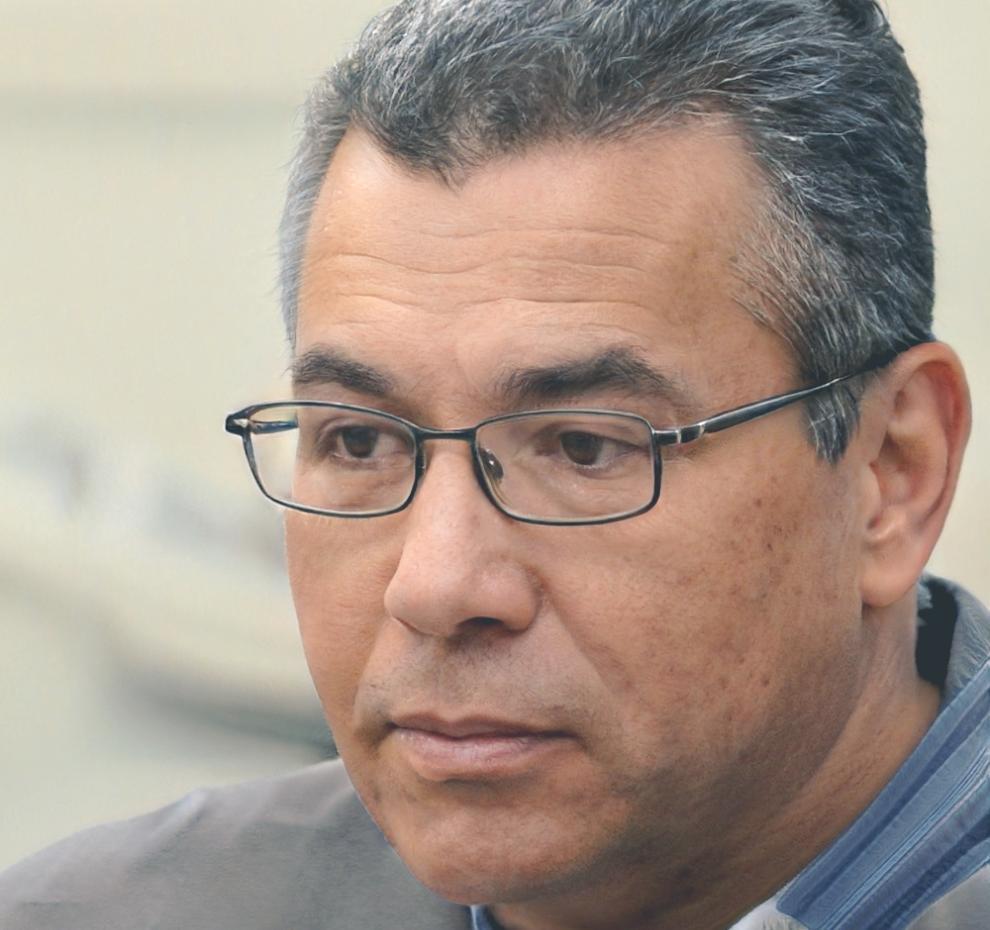Building Financial Resilience Through Education
We started thalunoriva in 2019 because too many families and small businesses were getting blindsided by unexpected expenses. The people we met weren't bad with money—they just never learned how to plan for the unpredictable parts.
How We Actually Got Here
Before thalunoriva, I spent years watching clients struggle after events they should have seen coming. A car breaks down. Someone gets sick. The hot water system dies. These aren't freak accidents—they're normal life. But people treat them like catastrophes because no one taught them different.
So we built something straightforward. Our programs focus on the practical side of contingency planning—the boring stuff that actually keeps you afloat when things go sideways. We don't promise wealth or financial freedom. We teach people how to not panic when the dishwasher floods the kitchen.
Most of our participants are from Sydney's outer suburbs, though we've had people join from Queensland and Victoria too. They're usually families with young kids or small business owners who've had one too many close calls with their cash flow.

What Guides Our Work
Realistic Expectations
We don't sell dreams. Financial stability takes time and consistent effort. Our programs focus on incremental improvements that compound over months and years, not overnight transformations.
Practical Application
Every session includes actual budgeting exercises with real numbers. You'll work through scenarios based on your current situation, not theoretical examples that don't match your life.
Honest Feedback
If your contingency plan has holes, we'll tell you. Our educators have seen enough financial mishaps to spot problems before they become disasters. That directness saves people stress later.
The People Behind the Programs
We're a small team with backgrounds in financial planning, adult education, and small business management. Everyone here has helped someone recover from a financial setback—it's why this work matters to us.

Jasper Thorne
Education Director
Jasper designs our curriculum and oversees program delivery. He spent eight years as a financial counsellor before joining thalunoriva, mostly helping people dig out from emergency expenses they weren't prepared for.

Callum Finch
Senior Financial Educator
Callum runs most of our workshops and one-on-one sessions. He previously managed finances for a construction company and knows firsthand how cash flow problems escalate when you don't have buffers built in.


How Our Programs Actually Work
-
Assessment Phase
We start by mapping your current situation—income patterns, regular expenses, existing debts. This takes about three weeks of tracking. Most people find surprises here because they've never looked at the full picture systematically.
-
Buffer Building
Once we know where money's going, we identify places to redirect small amounts toward contingency funds. These aren't huge sacrifices—usually between fifty and two hundred dollars monthly depending on circumstances.
-
Scenario Planning
You'll work through specific emergency situations relevant to your life. What happens if your car needs major repairs? If childcare costs spike? If you lose contract work for two months? We build response plans for each scenario.
-
Ongoing Adjustment
Life changes. Every six months, participants review and update their plans. Some people need more support during this phase, others maintain their systems independently. Our autumn 2025 intake will include quarterly check-in options for the first year.
Ready to Build Your Financial Buffer?
Our next education program begins in September 2025. Spaces are limited because we keep groups small for practical work. If you're tired of feeling caught off guard by predictable expenses, this might help.
Get Program Details